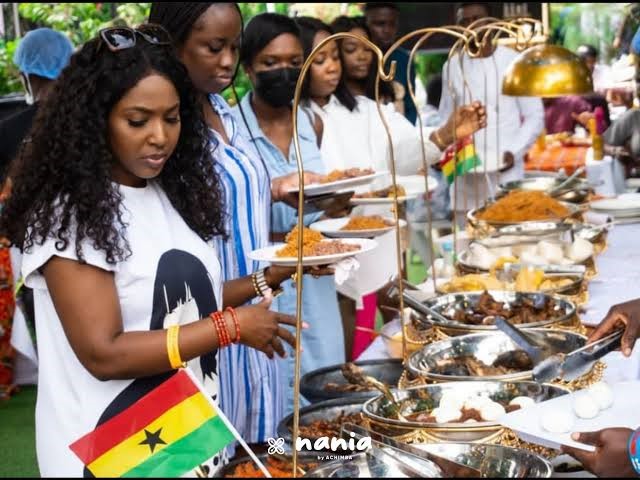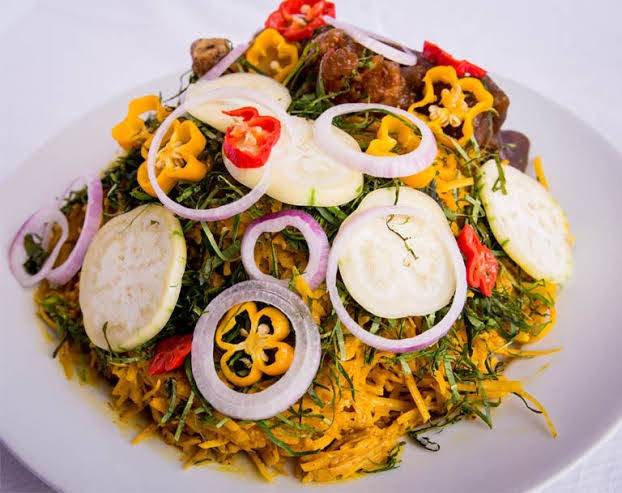Understanding African Traditional Marriage
-
Blessing K
- 2:48 pm
- August 9, 2024
Africa is the rich ground for traditions and culture found in every department or sectors of life including marriage. In Africa, marriage is not just the union between a man and a woman but between two families.
African traditional marriage is a prerequisite for a legal wedding or ceremony because it is during the traditional marriage that the bride price is paid which is a necessary percussor for any legal joining.
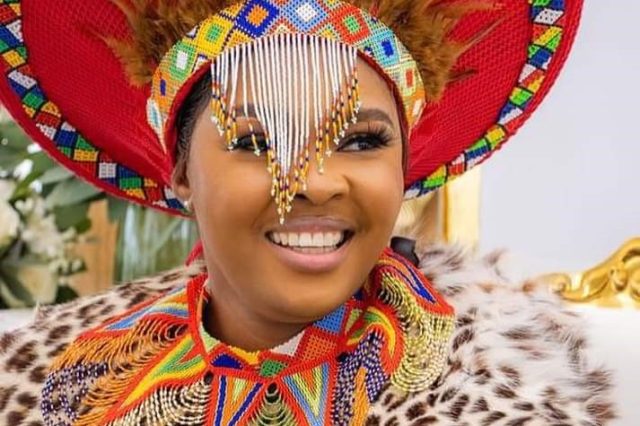
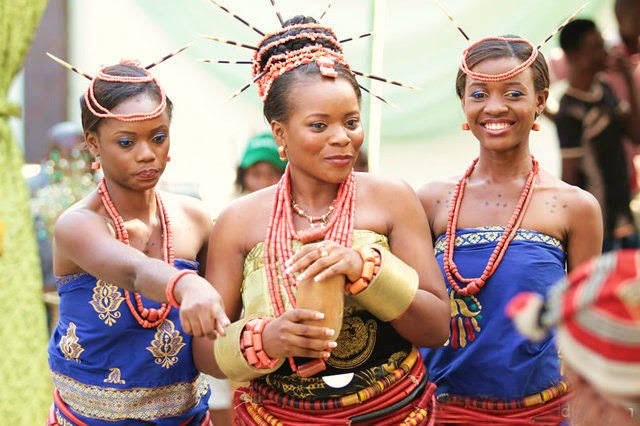
Process of traditional marriage in Africa takes various stages, though the processes and stages differ amongst African countries but the similarities amongst them supersedes the little differences that exist. These similarities are seen in the areas of meeting both families and the payment of the dowry while the differences exist in dress patterns and some wedding rituals or practices such as the dancing camels in Niger or the henna ceremonies in Kenya and Tanzania.
DOOR KNOCKING:
Marriage in Africa starts with the consent of the bride and this takes place in the first step of the marriage called ‘knock door or knocking of door’ various African tribes or countries has different name for this ‘knock door’ in Ghana, it is referred to as ‘knocking of the door or kokoo ko’ while in places like the Yoruba and the Igbo tribe of Nigeria, it is called ‘‘Mo mi mo e’’ meaning know me and let me know you and ‘Ikutu aka n’ulo’ (Knock on the door) respectively while for some places in Kenya it is called ‘‘Kumenya Mucii’’ (getting to know the home).
In this knocking of the door, the would-be in-law will come with his family to introduce himself to his prospective in-laws. They knock on the bride’s door and once they are let in, they present gifts like wine, money, and kola nuts to the bride’s family and then announce their intentions before proceeding with discussing the prospects of the joining of the two families through marriage and if everything goes as planned, the bride comes in to give her final consent to the marriage. As soon as she gives her consent, the marriage proposal begins.
At this time a ‘bride price’ is agreed and a list of items to be provided is given to the groom’s family which they agree to provide and the next is the engagement ceremony.
THE ENGAGEMENT CEREMONY
Africa is a continent with a population of over 1.4 billion people spread throughout 54 countries with diversity of culture and religion, this diversity means that different communities in Africa have its own way of celebrating or performing the engagement ceremony, but the common denominator is the dowry payment or bride price.
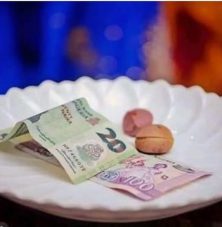
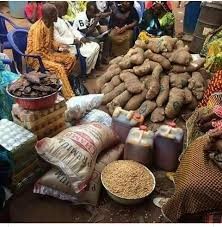
During the engagement ceremony, the groom’s family goes to the bride’s family to offer the negotiated bride price which can come in the form of money, animals, cereals, kitchen utensils or cloths, kola nuts, and dolo (millet beer).
This aspect of bride price is crucial and very significant to the African marriage history. In the past, it was a guarantee of sexual fidelity and premarital female virginity, it was also a way of the groom demonstrating his ability that he could provide and take care of his bride.
Recently in many African communities or tribes, there has been many attempts to shade off the belief of labeling the bride price as payment or price tag for the bride, this is because the bride’s family believe that their daughter is not sold neither can she be bought with any amount or price. Rather, the bride price is a symbol that the family of the groom appreciates who they came for. For example, many ethnic groups in Morrocco participate in a marital custom known as ‘‘dowry’’ where the bride inherits gifts from her family with the purpose of using them within her new home.
The intention of bride price differs with culture but is not in any way intended to commodify the female child, most culture use it as a condition for the marriage to remind the groom of his responsibility to provide for his new bride and the family they intend to build. To some it is a compensation for the loss of labor of the female child while to some especially the Shona communities in Zimbabwe it is an act of thanking the family for the bride’s upbringing.
Likewise, in Pumza Fihlani of South Africa, the bride price known as ‘‘lobola’’ is considered a gesture of the groom’s willingness to marry the girl and his commitment to take care of her.
Interestingly in Urhobo tribe in Delta State of Nigeria, after the groom has paid the bride price, the family will give back some portion of the money to the groom to remind him that their daughter is not sold and as such, she can be taken Back when he misbehaves or maltreats her.
Traditional marriage in Africa is held in the bride’s home because the groom is expected to come with his family to request the hand of his wife-to be in the proper custom of the bride’s family. This also means that it is the custom and traditions of the bride that holds supreme irrespective of where the groom comes from. However, the groom’s family is expected to come with a spokesman who is familiar with the customs and culture of the bride’s family, this is prevalent in many parts of Nigeria in West Africa.
OTHER FUN SIDE OF AFRICAN TRADITIONAL MARRIAGE
The ceremony consists of elaborate or heavy involvement from both families. In some tribes, the family members of the bride especially her sisters and friends will jokingly hide some items or materials belonging to the groom and require little token from the groom to demonstrate that their sister or friend is not cheap neither can she be snatched so easily from the family. While for other tribes, the bride is hidden in the room and can only come out after the groom and his family have come to greet her with items or little amount of money offered willingly and not as a condition, this follows with music and dance from the bride’s family and friends.
There is also the ceremony of bathing and putting of perfume on the bride, hairdressing, body decorations, music and dancing, advice by older family members, and prayers for the new couple. The beauty or intention is not the money or items but in the fun joy, and celebration of culture.
COLORFUL TRADITIONAL ATTIRES AND FOOD
The families dress in traditional and colorful attires with the bridesmaid appearing in matching outfits together with close friends and family members. The ceremony often involves a ceremonial uniform called Sanga Willi in the Dioula language if Burkina Faso, Mali, and Cote d’Ivoire. ‘‘Aso Ebi’’ Aso Ebi in Yoruba (a Nigerian tribe) means ‘‘family cloth’’ (Aso for cloth and Ebi for family) and it is one of the ways friends show closeness to the family during the ceremony.
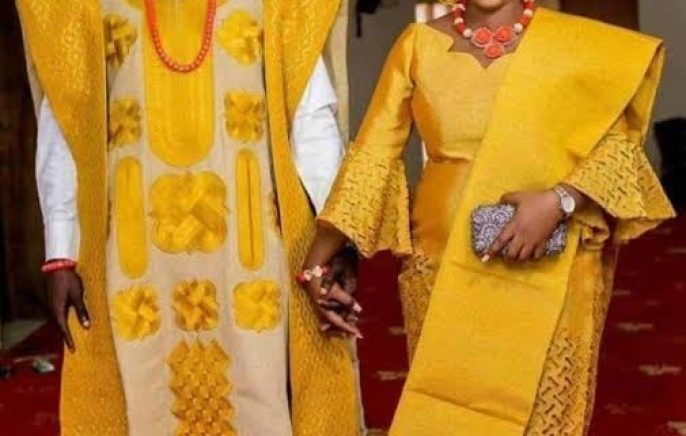
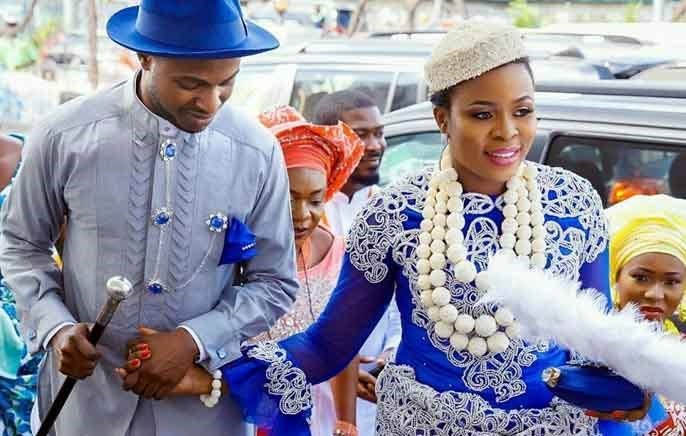
The ceremony ends with entertainment of guest what is commonly referred to as the ‘‘Item seven.’’ Variety of foods is cooked and served especially traditional delicacies with special attention to the groom and his family.
